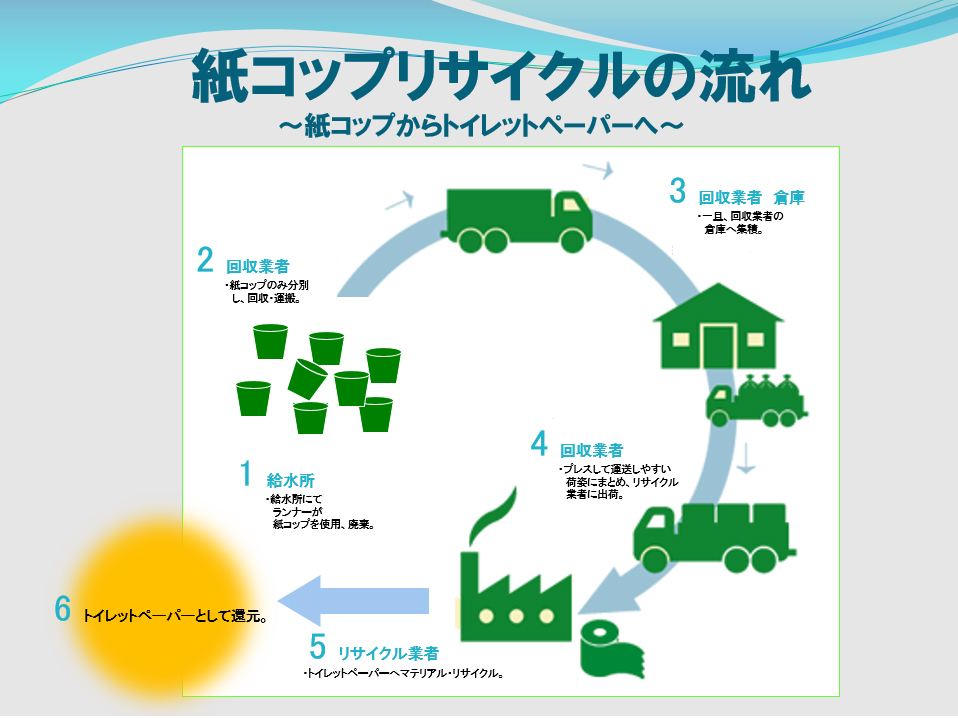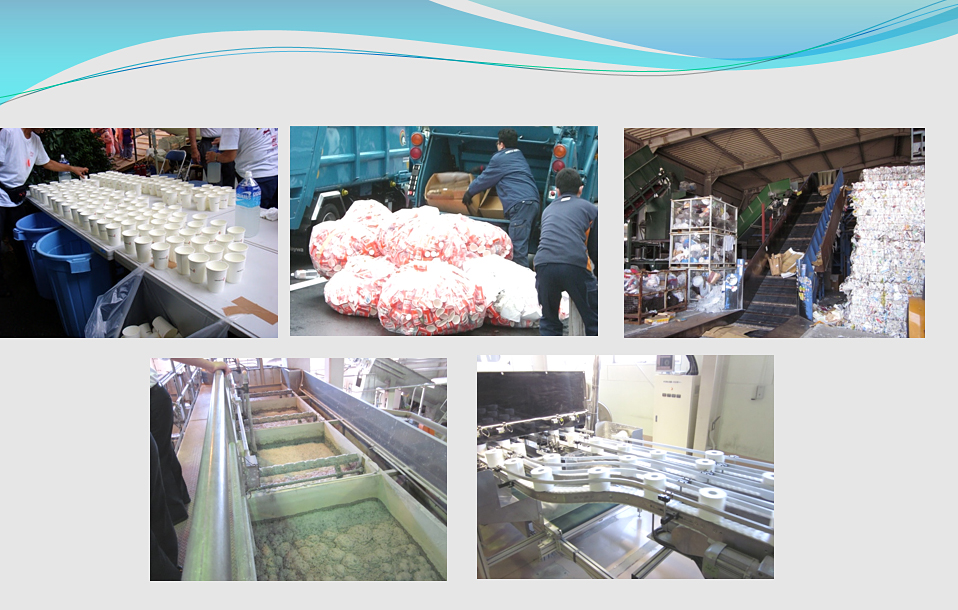いつまでも美しい富士山と河口湖の自然の中を走れるように――
「富士山マラソン」が目指す取り組み
富士山マラソンチャリティについてAbout Chality
富士山マラソンでは、気軽に参加できる約10.5kmのチャリティファンランを開催しています。
これは、2013年に世界文化遺産となった富士山の自然環境の保全、また富士山周辺の世界文化遺産の構成資産を保全するため、富士河口湖町が設立した「富士山世界文化遺産保全推進事業基金」への寄付を行う種目でもあります。
開催地の富士河口湖町の豊かな自然が将来にわたり、保護、維持されるよう、チャリティファンランの参加料のうち、1名当たり223円をに寄付します。
[2023年大会実績]441,763円 [2024年大会実績]388,912円

富士山マラソンにおける環境活動About Sustainability
自然豊かな富士山では、富士山マラソンのコースも「富士箱根伊豆国立公園」に指定され、恒久的な自然環境保護および景観の維持が求められています。
国内では例を見ない国立公園内のフルマラソン大会である富士山マラソンは「持続可能な開発目標(Sustainable Development Goals =SDGs)」に寄与できるよう、サスティナブル(Sustainable)な大会運営を目指します。
人と環境にやさしい洗濯補助用品の「ピエクレックス マグちゃん®」を富士山マラソンオリジナルデザインで参加者全員にお渡しします
「洗たくマグちゃん®」は「マグネシウムと水だけで洗う」人と環境にやさしい洗濯補助用品です。
洗濯機に入れるだけで水道水が洗浄力のある弱アルカリ水に変化します。
「ピエクレックス マグちゃん®」は植物由来繊維「ピエクレックス」を袋に使用した、より環境にやさしい「洗たくマグちゃん®」です。
詳細はこちら
We will give you a laundry aid 「PIECLEX Mag-Chan」with original Mt. Fuji Marathon designs as a prize for participation
"Sentaku Mag-chan" is laundry accessory made of magnesium that is friendly to both the human body and the environment.
Just put it in the washing machine with your laundry, the highly pure magnesium reacts, causing the water to change into a weak alkaline state, effectively removing dirt and odors.
"PIECLEX Mag-chan" is an environmentally friendly version of the "Sentaku Mag-chan" that uses the plant-derived fabric "PIECLEX".
(https://miyamotoss.co.jp/service/pieclexmag/)
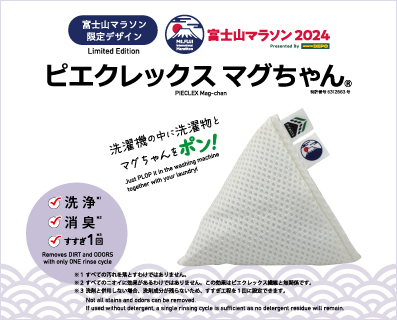
「ピエクレックス」とはトウモロコシやサトウキビなど植物由来の繊維で、村田製作所の"でんき"、帝人フロンティアの"せんい"、それぞれが得意とする技術分野を融合した新素材です。循環インフラ P-FACTS(ピーファクツ)に対応しており、使用後の製品は「回収」、「分別」、「堆肥化」、最終的に「農業や林業での堆肥利用」までを実現します。
会場内出展ブースではピエクレックス製品の販売、「P-FACTS」対応製品の回収を実施いたします。
ピエクレックスHP
https://pieclex.com/
What's PIECLEX?
To realize a sustainable society, our technologies and initiatives need to be friendly to the earth and people at the same time.
We developed a new material called “Electric Fibers” PIECLEX by combining “Electronics Technology” from Murata Manufacturing and “Fiber Expertise” from Teijin Frontier.
"When deformed by human movement※, PIECLEX fibers generate tiny electricity, which then exerts an antimicrobial effect.
Friendly to the earth and people
PIECLEX is made of ploylactic acid derived from plants such as corn and sugarcane, so it can contribute to carbon neutrality.
Antimicrobial effect of PIECLEX consists in its electrical function and has nothing to do with antimicrobial agents, so is friendly to the earth and people at the same time.
Per a third-party organization who verified its effectiveness, it was revealed that the CO₂ emissions of PIECLEX in life cycle, from production to disposal, is approximately 41% lower than that of petroleum-derived polyester material (PET fiber).
※According to Waste Box Co., Ltd.
“P-FACTS” : Circular infrastructure from “Cherish-to-Wear” through to “Easy-to-Compost”
PIECLEX is promoting the establishment of a circular infrastructure called 'P-FACTS,' which not only fashion brands but also consumers can easily participate in to contribute to the environment.
It is a transparent circular system that covers the entire life-cycle of clothes: from creating slow-fashion items, collecting them after long-use, then lastly composting for reuse in forestry and agriculture. P-FACTS makes sure that plant-based fibers to be returned backto earth.
By broadening the scope of such initiative, PIECLEX shall fulfill our responsibilities in terms of sustainability.
(https://pieclex.com/en)
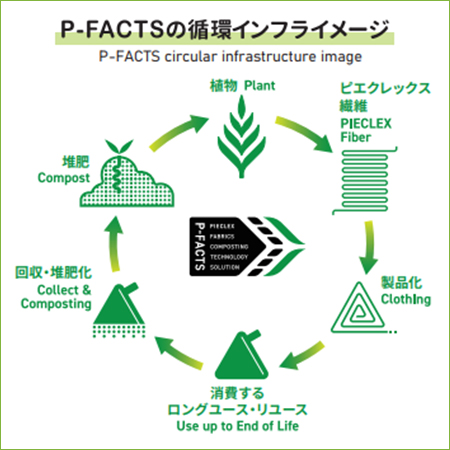
ゴミの削減への取り組みReduce & Reuse
給水所紙コップのリサイクルについて
富士山マラソンでは給水所で大量に出る紙コップのごみをリサイクルします。ランナーのみなさまは給水所で紙コップは指定の表示があるごみ箱に捨ててください。
紙コップはトイレットペーパーや、その他紙製品にリサイクルします。
みなさまのご協力お願いします。
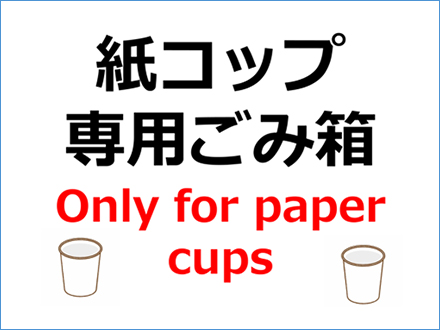
ランナーの皆さま、安全ピンのご持参に協力を!
マラソン大会の出場する場合にかかせないアスリートビブス(ナンバーカード)をウエアに留める安全ピン。
ビニール袋に封入されていて、その袋がごみとして残っています。
安全ピン自体も毎回もらうものとなっていて、使い捨てられています。
富士山マラソンでは安全ピンを配布しません。
安全ピンやビブス留めなどご持参にご協力をお願いします。
※万が一お忘れの方は受付にて安全ピンをお受け取りください。

衣類リサイクルの取り組み(2023年大会)Reuse & Recycle
不要なランニングウエアを回収
大会前日および当日に、会場で衣類回収ボックスを設置し、不要になったランニングウエアを回収します。
また防寒用に着用していた衣類も、スタート地点とスタート後の約2km地点に設置する「衣類回収エリア」で回収します。
回収された衣類は選別され、素材に応じてリサイクルが行われます。たとえば、ポリエステル100%の衣類は、JEPLAN独自のケミカルリサイクル技術「BRING Technology™」により再生ポリエステルにリサイクルされ、新たな衣類等の原料に生まれ変わります。
- 衣料品回収概要
- 船津浜フルマラソン/河口湖1周のスタートフィニッシュ会場・BRINGブースにて衣類回収ボックスを設置。
- スタート地点、スタート後のコース上に衣類回収エリアを設置。
- 回収対象
- ランニングウエア
- 回収対象外
- 濡れているシャツ、肌着類、下着類、革製品、帽子
- 著しく汚れているもの



